THIS Nutrition Myth Needs to Just Go Away!
The myth? That “canned and frozen fruits and vegetables aren’t as nutritious as fresh.” The truth? That’s not always the case.
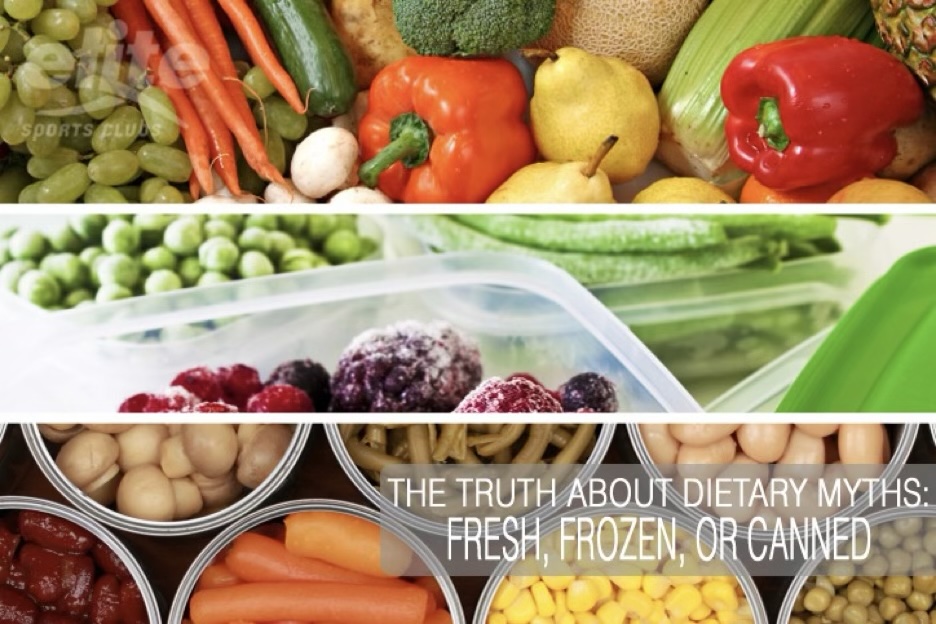
While it’s true that food is most nutritious at the point of harvest, it’s also true that fresh produce starts degrading as soon as it’s picked from the ground or tree. Why? Because that ground or tree is its source of nutrients and energy.
When it comes to fresh fruits and vegetables, it’s important to remember that they lose nutritional value the longer they linger in the fridge or fruit basket. In other words, if you choose fresh, eat it right away. No lolly gagging, or you’ve missed the point.
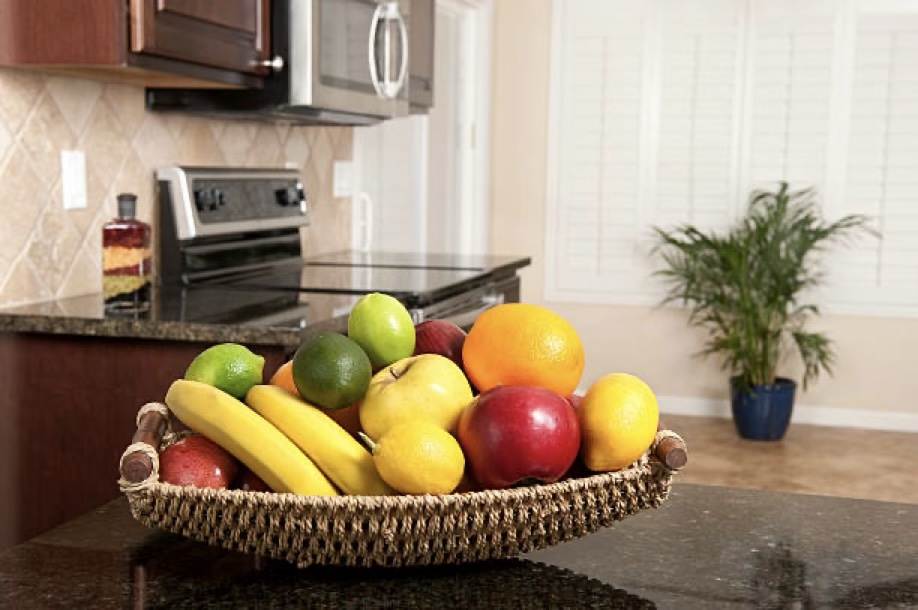
Once picked, that fruit or veg is still using its own nutrients, breaking them down in order to keep its cells alive. And some nutrients are particularly vulnerable. Vitamin C (which helps with iron absorption, reducing cholesterol levels, and protecting against free radicals), is also especially sensitive to oxygen and light. Even with refrigeration, the longer foods high in vitamin C sit around, the less effective they’ll be at their proven specialties.
With that fresh produce stipulation understood, let’s look next at what researchers say about frozen produce. Scientific studies show that most vegetables lose significantly less vitamin C when they are frozen. This is because freezing pauses the process of oxidation, which is a cause for loss of nutrients.
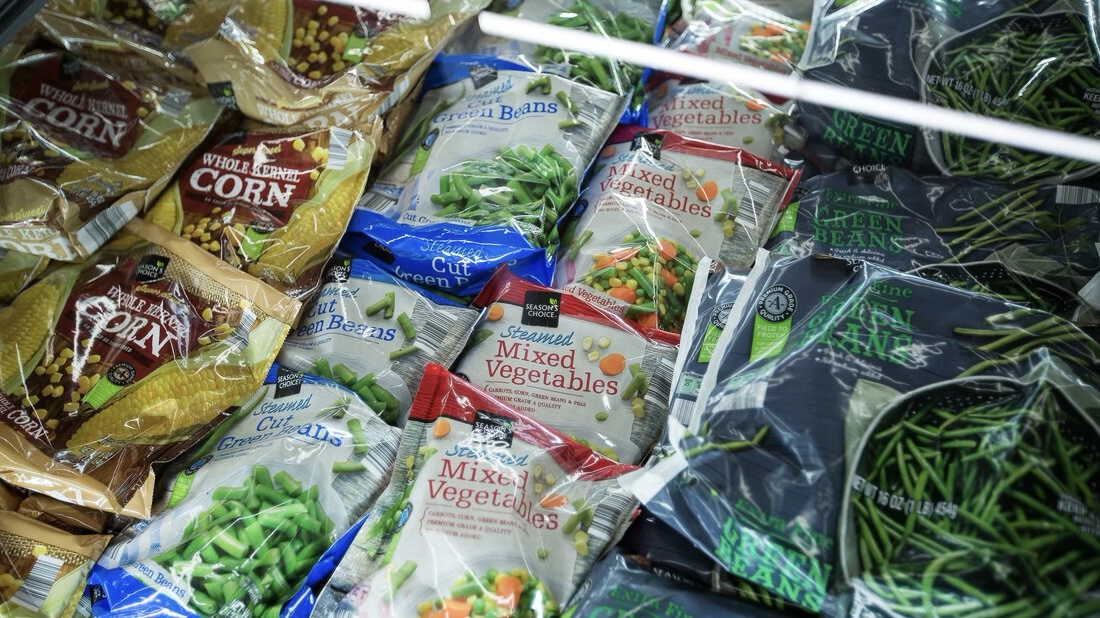
And because the harvest-to-freezer process has been so vastly improved, vegetables can now be harvested, transported to a factory, washed, blanched and frozen in just over two hours.
But with fresh produce, things don’t happen so quickly. The food is harvested, sent to a packing plant, packed, graded, and shipped—all of which takes days. About 99% of time, this process takes much longer than the time taken to harvest, process and freeze crops.
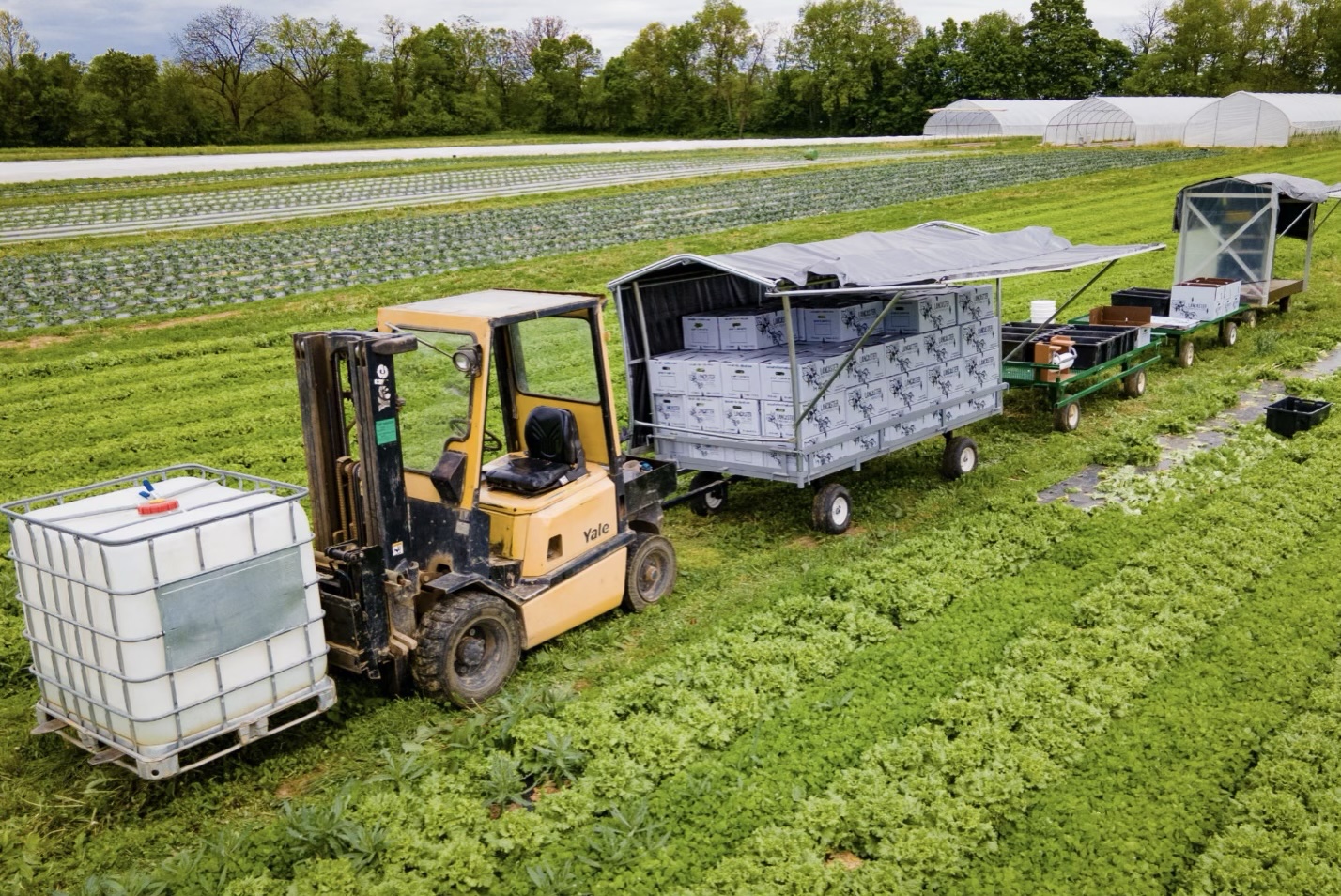
There is an important caveat to all this, however. Before produce is frozen, it’s blanched, which involves heating the food up for a few minutes at high temperatures. Blanching is a good thing because it inactivates unwanted enzymes that work to degrade texture and color during frozen storage. But it also reduces nutrient content a little.
Now for canned fruits and vegetables. The good thing about canned foods is the process used to sterilize them. While canning results in greater nutrient loss, once the produce is in the can, it can be shelf stable for years, and you can be sure it’s safe because it’s gone through a process that kills all microorganisms and pathogens.
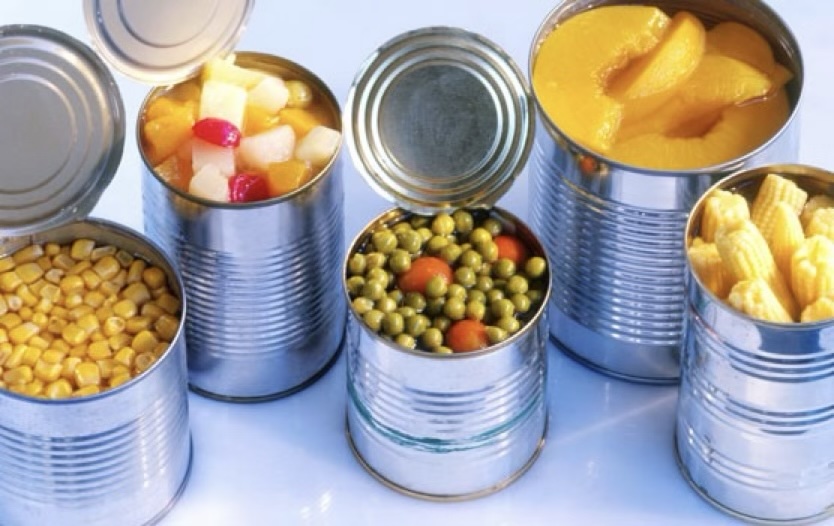
The big downside to canned food (other than some nutrient loss), is the added salt or sugar (in the case of fruits) that’s used. This can be mitigated, however, by rinsing the can’s contents. Also, you can now find fruit canned in juice, rather than syrup.
So here’s the take-away (that hopefully puts this fresh-is-better-than-canned-or frozen myth to rest): If you prefer fresh fruits and vegetables, don’t let them linger—work them into your meal plan zippy quick. Eating them very soon after purchase or harvest is really what makes them a better choice. Frozen food is very close to being as nutritious as fresh. And while canned is the last choice, nutrition-wise, it has its place.
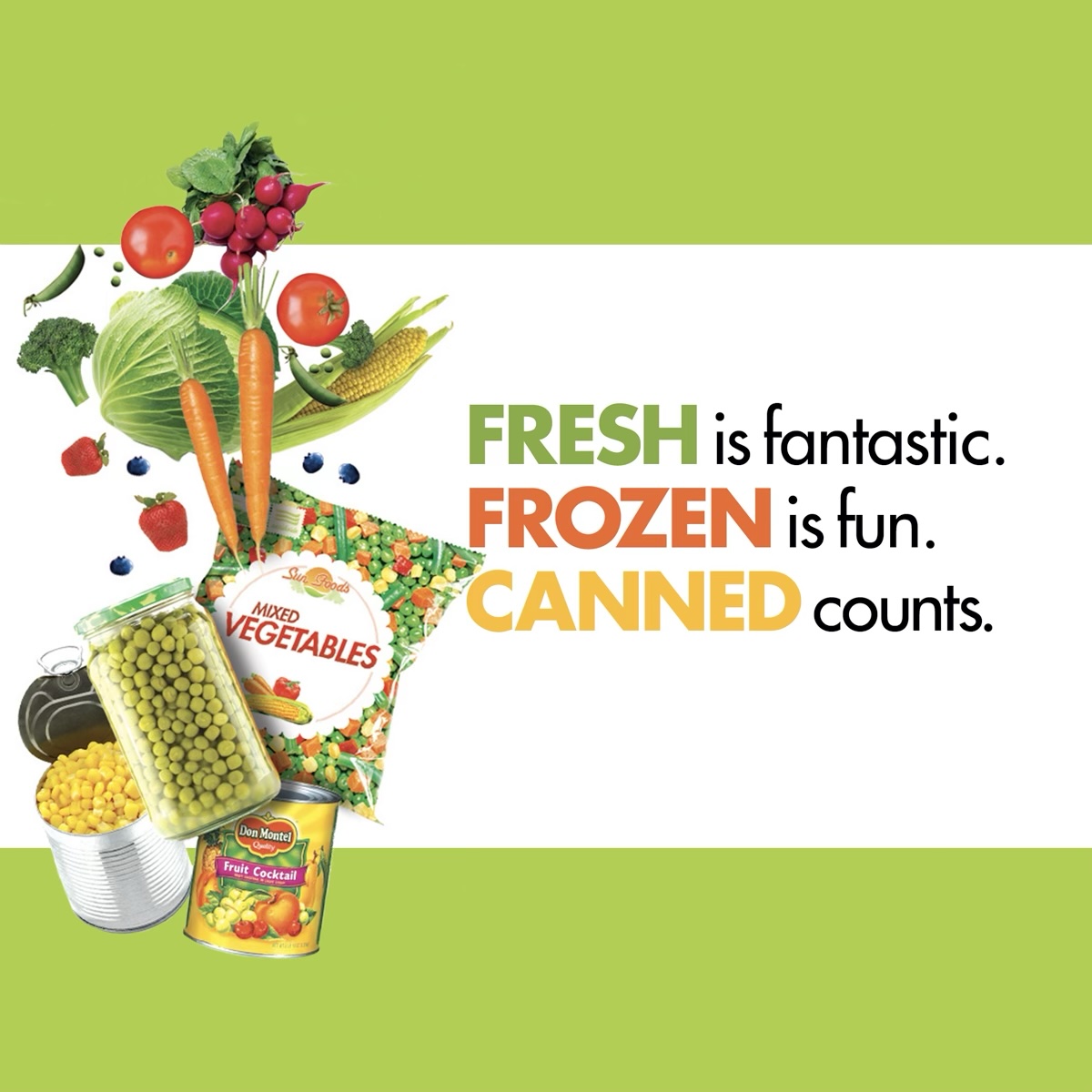
According to health researchers, though, what’s really important is not whether we’re eating fresh, frozen, or canned fruits and veggies. What really matters is simply eating them. So pick you favorite way and indulge!
 Alice Osborne
Alice Osborne
Weekly Newsletter Contributor since 2006
Email the author! alice@dvo.com
